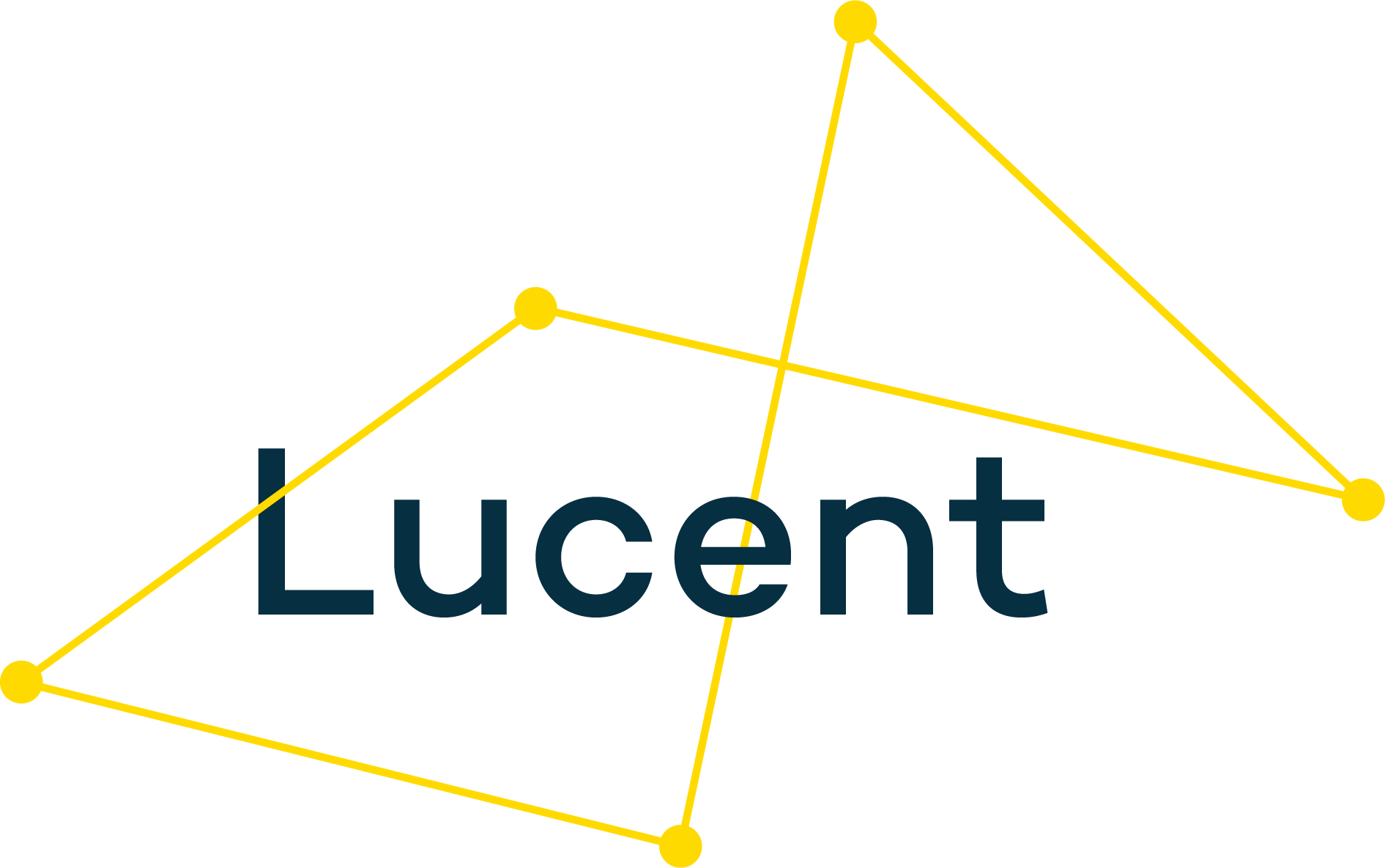A free tool to help you know when to let go
“If you think you are too small to make a difference, you haven’t spent a night in a tent with a mosquito.” - Proverb.
We have the privilege of working with people who dedicate their lives to making change happen. So why is it that they themselves often feel disempowered, frustrated or overwhelmed by the scale of the tasks ahead of them?
A resource that helps us make sense of this originates in Stephen Covey’s 1989 book The 7 Habits of Highly Effective People. Covey points out that while the things we can directly control are relatively small in number; we have influence over a much larger terrain and are likely to have an even larger number of concerns.
Charities, philanthropic foundations and activists dedicated to social change typically have a very big “circle of concern”. With eyes glued to national and international newsfeeds, we care deeply not just about the issues we work on directly but on a wide range of social and environmental issues. We feel deep upset when issues we care about experience a setback and while we celebrate our victories, we always have our eyes on the next demand.
This passion and commitment is the great strength of changemakers. But it is also exhausting if you don’t put a proper boundary around it.
That’s where Covey comes in.
He makes the point that being proactive requires you to focus on what you can control and influence. We all need reminding about what we have control over. Making even the smallest decisions about this cricle of control can have a hugely empowering effect.
And as for influence, here’s the irony. The teams we work with often forget not only the influence they already exercise but how small daily acts will add to their influence in the long-term. Tending to your networks is always critical, and along with your knwon supporters creating allies and partners in unexpected places can be a powerful move. Refining your case for change and regularly sharing your insight and expertise with others to demonstrate not only the problems but the solutions is another important step.
Finally, understanding where influence stops and concern begins is critical. Effective changemakers learn to note and then let go of the issues that concern them but that they cannot influence or control.
Do Covey’s Three Circles resonate with you or your team’s ways of working? Drop us a message.

